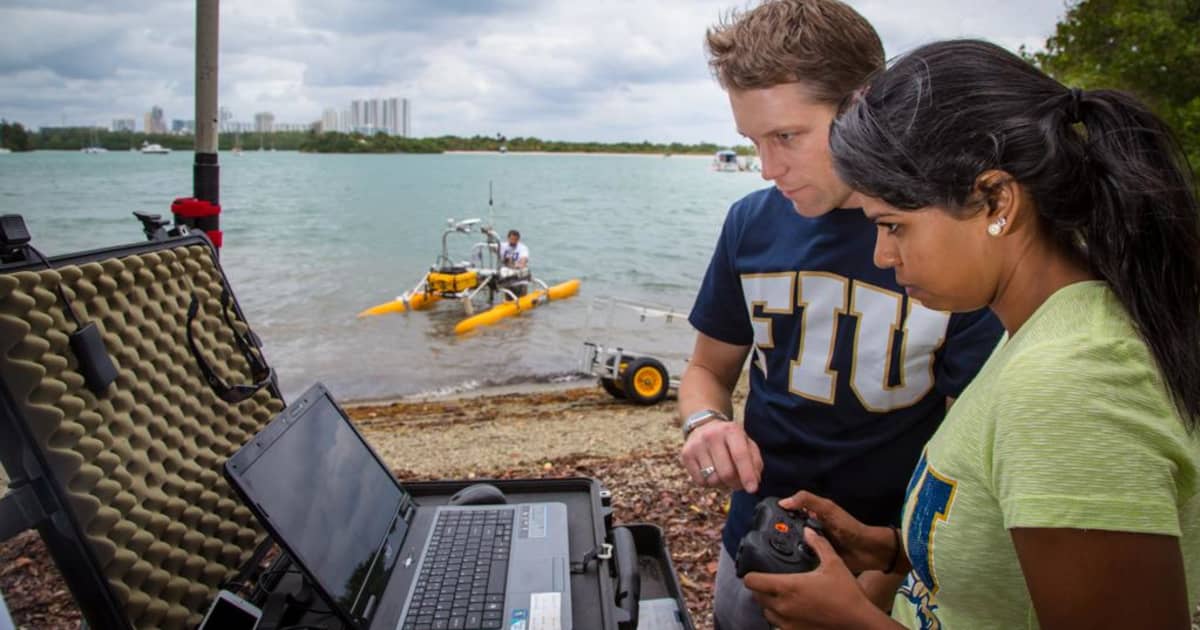FIU ranks No. 2 in the U.S. and No. 13 in the world for impact in the 2024 Times Higher Education Impact Rankings.
“FIU researchers across colleges are focused on finding solutions to many of the greatest challenges of our time, and they are doing it on a global scale,” said FIU President Kenneth A. Jessell. “This ranking is a testament to this transformative work and serves as one of the ways we track our impact and progress in tackling global challenges.”
The 2024 rankings include 2,152 universities from 125 countries and are the only global performance tables that assess universities against the United Nations’ Sustainable Development Goals across the areas of research, outreach and stewardship.
Other research and degree programs throughout the university, including in global sustainable tourism and the protection and preservation of cultural heritage are also part of comprehensive efforts at the university to address sustainability in all areas.
“Our researchers, students and staff are working tirelessly to create a more sustainable and inspiring future,” said Mike Heithaus, executive dean of the College of Arts, Sciences & Education. “The issues we face extend beyond borders, and our success is largely defined by a collaborative spirit that has fostered public and private partnerships and collaborations all across the world to have the biggest impact.”
No. 3 for impact on Life Below Water
FIU is Florida’s University of Distinction in Environmental Resilience and prioritizes a healthy, sustainable planet through scientific investigations that support Life Below Water, among them projects related to protecting animal and plant species, coral restoration and overall ocean health.
No. 8 for Sustainable Cities and Communities
FIU fosters sustainable cities and communities through intensive examination of land-use planning, housing disparities and public transportation around the world.
No. 8 for Sustainable Cities and Communities
FIU fosters sustainable cities and communities through intensive examination of land-use planning, housing disparities and public transportation around the world.



